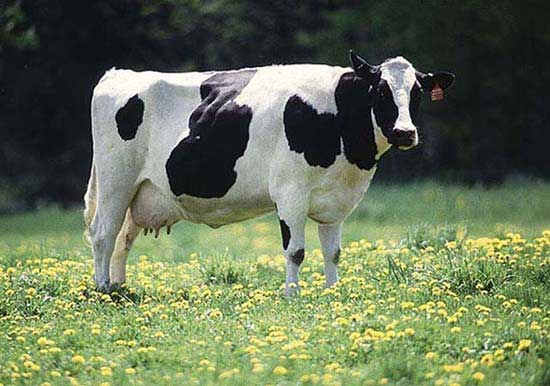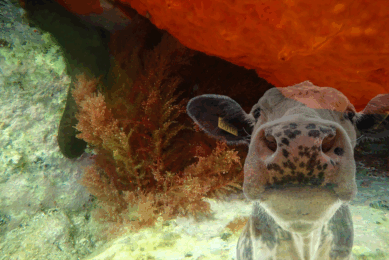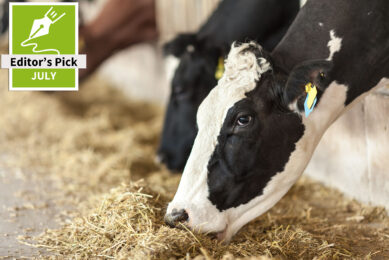Research: Lipids to control methane emission in dairy cows

Australian scientists studied the influence of cold-pressed canola, brewers grains and hominy meal as dietary supplements suitable for reducing enteric methane emissions from lactating dairy cows
There are limited data in the literature concerning in vivo effects of dietary fat supplementation on enteric CH4 emissions from lactating dairy cows.
The purpose of this experiment was to evaluate four dietary treatments designated as control (CON), brewers grains (BG), hominy meal and cold-pressed canola (HCC) and hominy meal only (HM) for their effects on CH4 emissions and milk production.
Trial set up
Sixteen late lactation Holstein cows were used in pairs, in a double 4 × 4 Latin square experiment with the four dietary treatments fed as total mixed rations over 24 d treatment periods.
All diets contained 600 g forage/kg dry matter (DM; 5 kg DM of alfalfa hay and 7 kg DM of perennial ryegrass silage/day).
The CON diet contained 303 g/kg DM of cracked wheat grain and 70 g/kg DM of solvent extracted canola meal and the CON diet was formulated to contain 26 g total fat/kg DM.
For the BG, HCC and HM diets, part of the cracked wheat and solvent extracted canola was substituted with the designated fat supplement so that the resulting diets contained 51, 52 and 65 g total fat/kg DM respectively.
Results
Fat supplementation did not influence DM intake and there were only small positive effects on milk yield and negative effects on concentrations of milk fat and milk protein.
The HM diet reduced CH4 emissions when expressed either as g CH4/cow/d, g CH4/kg DM intake, or g CH4/L milk.
The BG diet also reduced CH4 emissions when expressed as g CH4/cow/d or g CH4/L milk, while the HCC diet decreased CH4 emissions in terms of g CH4/L milk.
Combining data from the fat supplemented diets enabled comparison of CH4 emissions from the CON diet with CH4 emissions from the fat supplemented diets.
Fat supplementation reduced CH4 emissions: 500, 462 g CH4/cow/d; 25.0, 23.2 g CH4/kg DM intake and 23.3, 20.5 g CH4/L milk for the CON and fat supplemented groups respectively.
Similarly, by combining data from all fat supplemented groups, regression analysis revealed that fat supplementation reduced CH4 emissions for at least 7 wk.
Conclusion
Combining results of this investigation with data from the literature, the researchers conclude that for each increase of 10 g/kg DM in dietary lipid concentration, enteric emissions are reduced by 0.79 g CH4/kg DM intake or 3.5% thereby allowing estimation of the magnitude of enteric CH4 abatement based on dietary fat supplementation.











